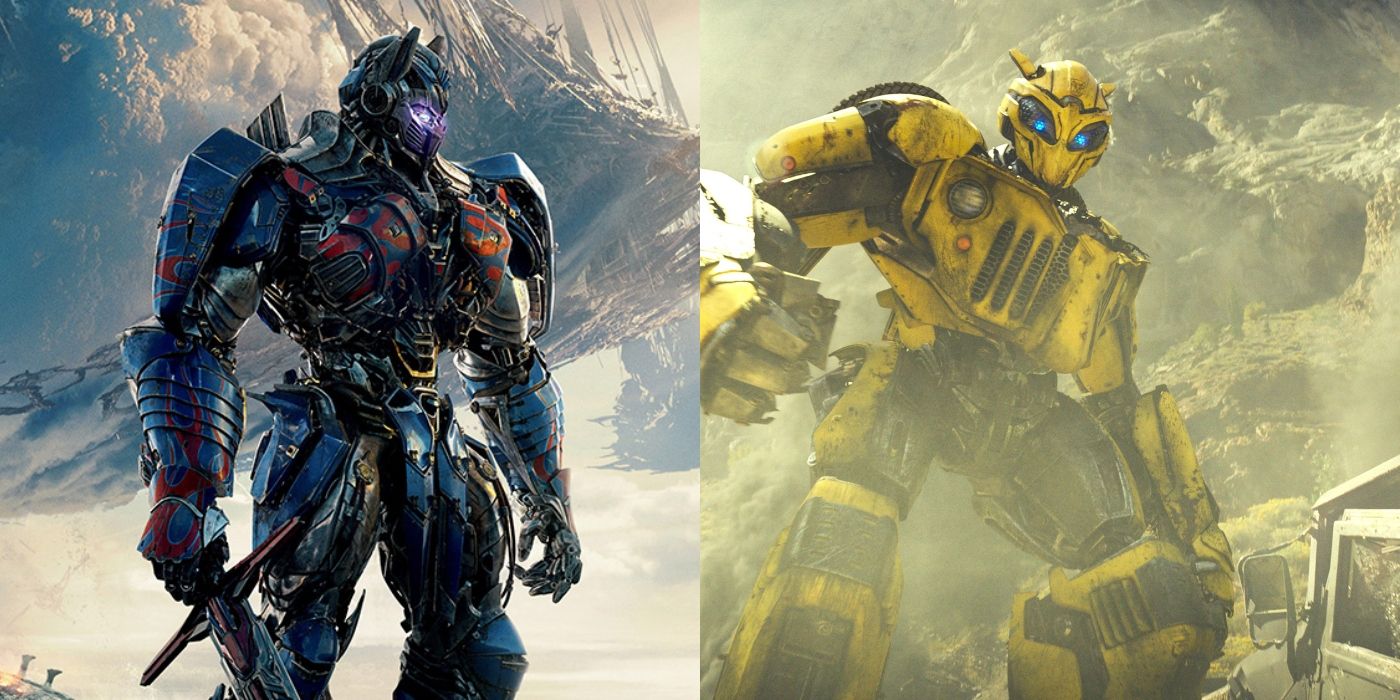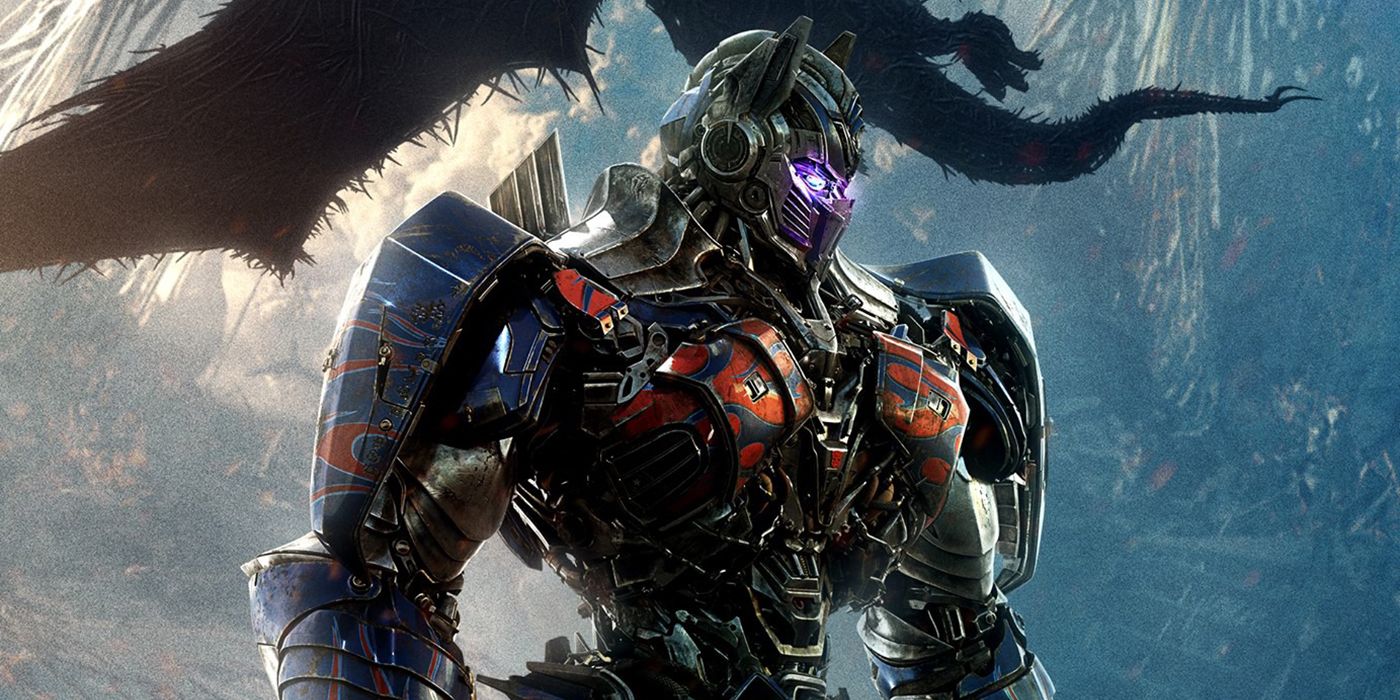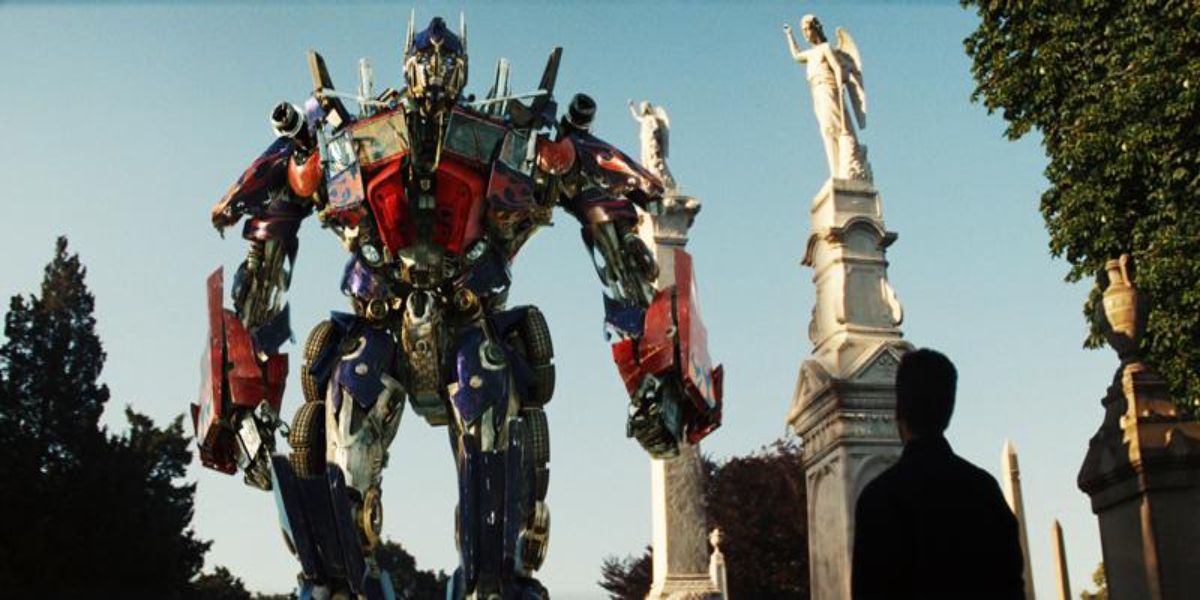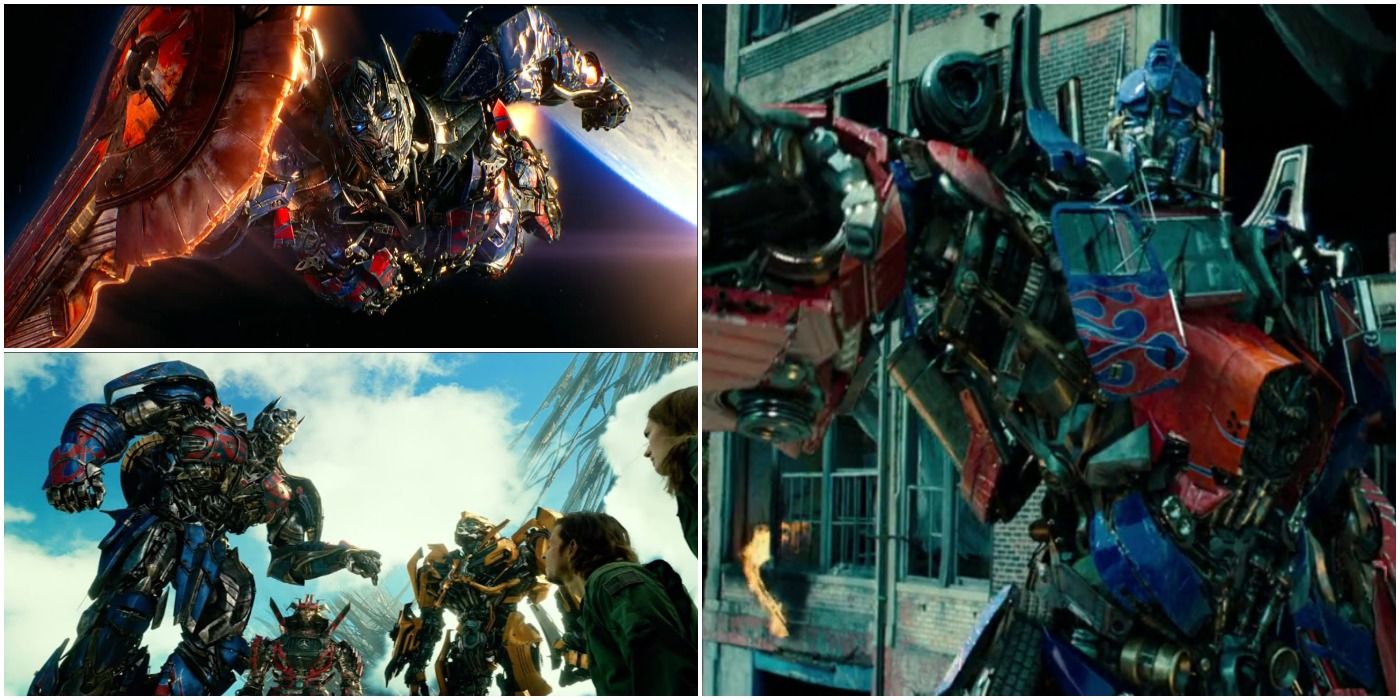
Considering how much the landscape of pop culture has changed over the past decade, it can be easy to forget that the live-action Transformers films were once synonymous with the modern action blockbuster. The series’ massive financial success was due in large part to director Michael Bay, whose bombastic, explosion-filled style was a hit with mainstream audiences — however, he proved to be more controversial with critics and die-hard series fans.
With each successive entry in the series, Bay’s critics became harsher and harsher, until public opinion on the Transformers films soured enough to make the fifth movie, 2017’s Transformers: The Last Knight, a critical and commercial flop. But while Bay was no longer a box office draw, the next film in the series — Bumblebee, directed by Travis Knight — proved to be much more successful with both moviegoers and critics. With next year’s Transformers: Rise of the Beasts set to be a direct sequel to Bumblebee with Creed II director Steven Caple Jr. at the helm, it seems like Michael Bay won’t be sitting in the director’s chair of a Transformers movie again any time soon.
RELATED: Ron Perlman Will Provide The Voice Of Optimus Primal In Transformers: Rise Of The Beasts
Ultimately, the end of Bay’s creative control over the series is likely for the best. Though his distinct directorial style and focus on over-the-top, explosive action was responsible for the series becoming a household name in the late 2000s and early 2010s, it also led to many of the common criticisms against the series.

For instance, one major grievance from Transformers fans throughout Bay’s tenure as director was the amount of focus placed on the human characters as opposed to the titular alien robots. Throughout the history of the franchise, the central protagonist of nearly every Transformers cartoon, comic, and video game has been Optimus Prime, heroic leader of the Autobots. Human companion characters have been present in the series since its beginning, but the main focus of Transformers has always been the Autobots and Decepticons.
Not so with Michael Bay’s films, however — the lion’s share of the screen always goes to the humans. Meanwhile, the robots are mostly just there to facilitate the action scenes, receiving little in the way of personality. The Autobots and Decepticons of past incarnations haven’t typically had the most three-dimensional characterization, but many of them still had memorable and distinct traits. Bay’s movies, by contrast, devote no time to establish Starscream’s treacherous scheming, Shockwave’s obsession with logic, Ratchet’s gruff crankiness, or Grimlock’s hot-headed love for battle. Some entries in the franchise, like the Beast Wars cartoon or the More Than Meets The Eye comic book, have even managed to transcend the simplistic writing of the series’ toy commercial roots and delivered some truly compelling character arcs. But alas, Michael Bay seems content to leave the Autobots and Decepticons as living war machines, never stopping to explore their personalities or motivations.
Of course, that’s not to say that the only way for Bay’s films to be more successful is to focus more on the robots. Just look at The Iron Giant, WALL-E, or even E.T. the Extra-Terrestrial — directed by Steven Spielberg, who served as executive producer on the first Transformers film. All three films are beloved works of science fiction, which feature humans interacting with non-human characters who possess simple personalities. The Transformers movies didn’t necessarily need to give Optimus Prime more character development to be well-written, they just needed to make their human characters likable and compelling.

Unfortunately, the human characters in these films tend to be anything but likable or compelling. The protagonist of the first three films, Shia LaBeouf’s Sam Witwicky, is intended to be a relatable everyman hero in the same vein as Peter Parker or Marty McFly, but he fails to be nearly as charming. Sam has no real heroic or even sympathetic qualities, and typically comes off as insecure and self-centered throughout the series, never truly improving as a person or growing into his role as a hero. The main character of the latter two Bay films, Mark Wahlberg’s Cade Yaeger, is not much better, spending most of his screen time being unnecessarily rude and aggressive to nearly every other character in the movie. The rest of the series’ human cast is composed primarily of either underdeveloped love interests or annoying comic relief characters.
But as bad as the characters of the Bay films are, their stories are even worse. The plot of every successive movie seems to get even more convoluted than the last, yet all of them are ultimately variants on the same basic formula. A new artifact from Cybertron’s ancient past is discovered on Earth, the villain wants to use it to restore Cybertron at the cost of Earth’s destruction, the heroes and villains race to find the artifact, and Optimus Prime saves the day in a big final battle filled with explosions. Every film in the series has a relatively bare-bones story, but it’s hard to tell when they’re all overstuffed with unnecessary plot threads that ultimately go nowhere. Even in the first film — by far the most coherent script of the bunch — the subplot with Rachael Taylor and Anthony Anderson does nothing to advance the story.

With their bland, unlikable characters and nonsensical plots, it’s easy to see why Michael Bay’s testosterone-filled explosion-fests ended up seeing diminishing returns at the box office. Thankfully, Travis Knight’s Bumblebee salvaged the series’ reputation by going for a completely different tone from Bay’s films. Instead of a fast-paced, world-saving action epic with a cast of dozens, Bumblebee is a more relaxed, low-stakes story that focuses on the relationship between Bumblebee and Hailee Steinfeld’s character Charlie Watson. The plot isn’t about the hunt for some ancient cosmic relic, it’s about two misfits connecting with each other. Even when the Decepticons do show up, the final battle remains much more understated than anything found in Bay’s films. If Michael Bay’s philosophy as a filmmaker is that bigger is always better, Travis Knight proves that isn’t always the case.
The success of Bumblebee serves to demonstrate that what the Transformers films were missing wasn’t more extreme action and more epic plots, but more nuanced characters and more emotional storytelling. The missing ingredient to save the franchise wasn’t more explosions, but more heart. And since Bay's past films tend to lack that heart, it’s probably for the best that he leaves the future of this series in other directors’ hands. Time will tell if Rise of the Beasts proves to be a success, but if Steven Caple Jr.’s work on Creed II is any indication, then his skill at balancing heartfelt emotion with dramatic action is exactly what Transformers needs.
MORE: Pokemon GO Developer Working on Transformers: Heavy Metal Mobile Game

